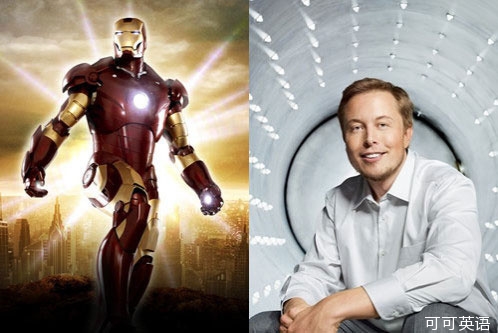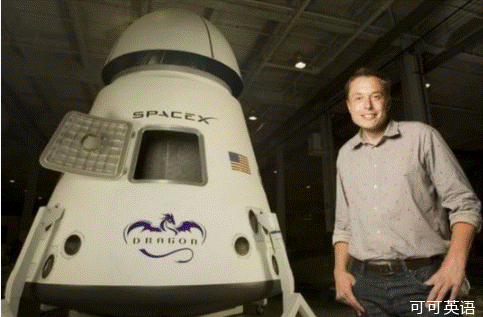
Is there anything that Elon Musk enjoys more than shaming his haters? Here he is at Wednesday's D11 conference, reveling in running one of the few remaining electric car startups, one with stock that just passed the $100 mark, enjoying calling out all those who said it couldn't be done. "Before we were able to get the roadster out, they'd say you couldn't possibly make the car work. When we did, they said: Well, nobody's going to buy it. And people did. Then, when we announced the Model S, so many people called bullshit on that it was ridiculous. We were able to bring it to market, they said we wouldn't be able to produce at volume, we did that, and then they said we would never be profitable, and we did that in Q1. So I'm hopeful that people will observe that there is a trend here." After a pause, the audience cackles and applauds.

I've written about Tesla (TSLA) and the importance of a rapid-charging network before, mostly to say that, as exciting as the Supercharger is, it's really mostly a marketing tool, a way to alleviate the biggest issue surrounding electric car ownership, which is range anxiety. Musk's announcement feels like a direct rebuke. The company is building a national network! But a national network is overstating things. The ability to drive cross-country in an electric vehicle that's as fast and fun to drive as the Model S is certainly neat. How many people will? Not many, is my guess (though: sign me up!). As several owners of electric vehicle charging companies told me , the Supercharger is a bit of Musk magic: a great add-on to help sell more cars and a way to move the industry forward but by no means a comprehensive piece of EV infrastructure. That, unfortunately, will take time. More time, most likely, than the $30,000 EV Musk promises in three years. By the time all our cities and places in between have enough charging stations to make EV ownership no question at all, Musk will have moved on. To Mars, maybe.












